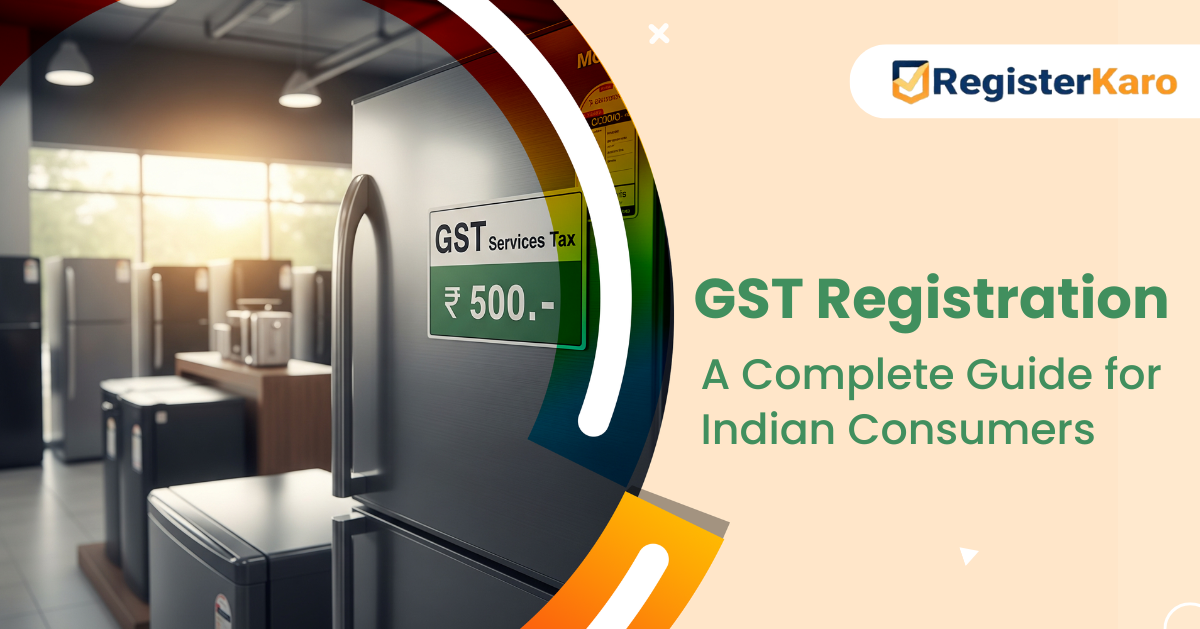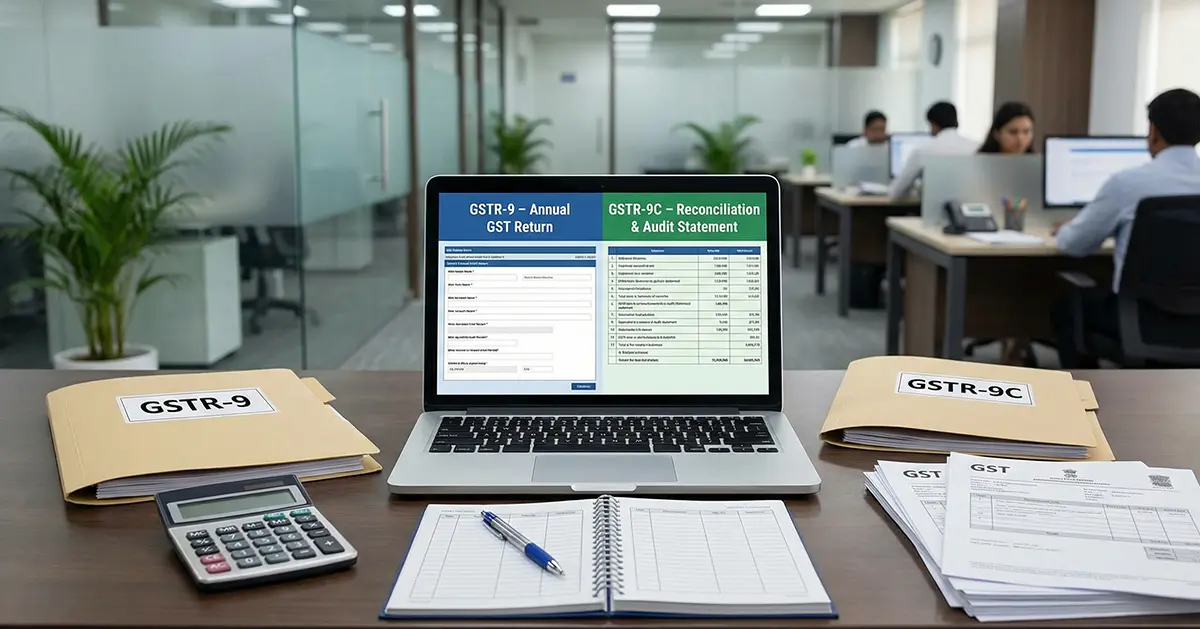The Goods and Services Tax (GST) is India’s unified indirect tax system, implemented on July 1, 2017, through the 101st Constitutional Amendment. It replaced multiple indirect taxes, such as excise duty, VAT, and service tax, with a dual structure.
GST is a destination-based, value-added tax that reduces the cascading effect of “tax on tax” by allowing businesses to claim input tax credit, making the overall tax system simpler and more transparent.
Since its rollout, GST registration has become a major source of government revenue. In FY 2024–25, India’s gross GST collections reached a record Rs. 22.08 lakh crore, reflecting a 9.4% year-on-year growth, with an average monthly collection of Rs. 1.84 lakh crore.
Karnataka collected around Rs 1.6 lakh crore in GST revenue during the financial year 2024-25, making it the second-highest GST-contributing state in India. The state has about 10.5 lakh registered taxpayers, placing it fifth among all Indian states in terms of GST registrations.











